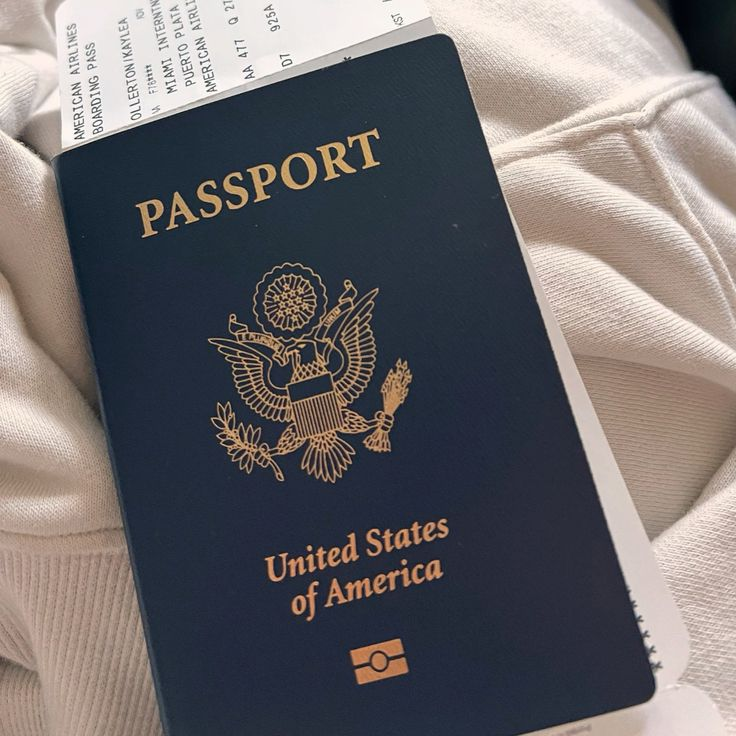On January 20, 2025, just moments after taking office, President Donald Trump unveiled a sweeping set of executive orders aimed at overhauling U.S. immigration and passport policies. Among the most controversial measures is a ban on birthright citizenship for children born to undocumented or temporarily visa-holding parents. This move, which challenges a long-standing principle of U.S. law, has sparked heated debates about its legality and humanitarian impact.
The order also restricts these children from obtaining U.S. passports, raising concerns about their legal status and potential statelessness. Alongside this, the administration introduced stricter immigration vetting processes and established Homeland Security Task Forces to enhance national security. These changes, while praised by some for their focus on security, have drawn criticism for their potential to create barriers for vulnerable populations.
In addition to immigration reforms, the executive orders include a directive to remove the “X” gender marker from U.S. passports, reverting to a binary male-female system. This decision has been met with backlash from LGBTQ+ advocates, who argue it undermines the rights of non-binary individuals. As these policies take effect, their long-term implications remain a topic of intense discussion.


